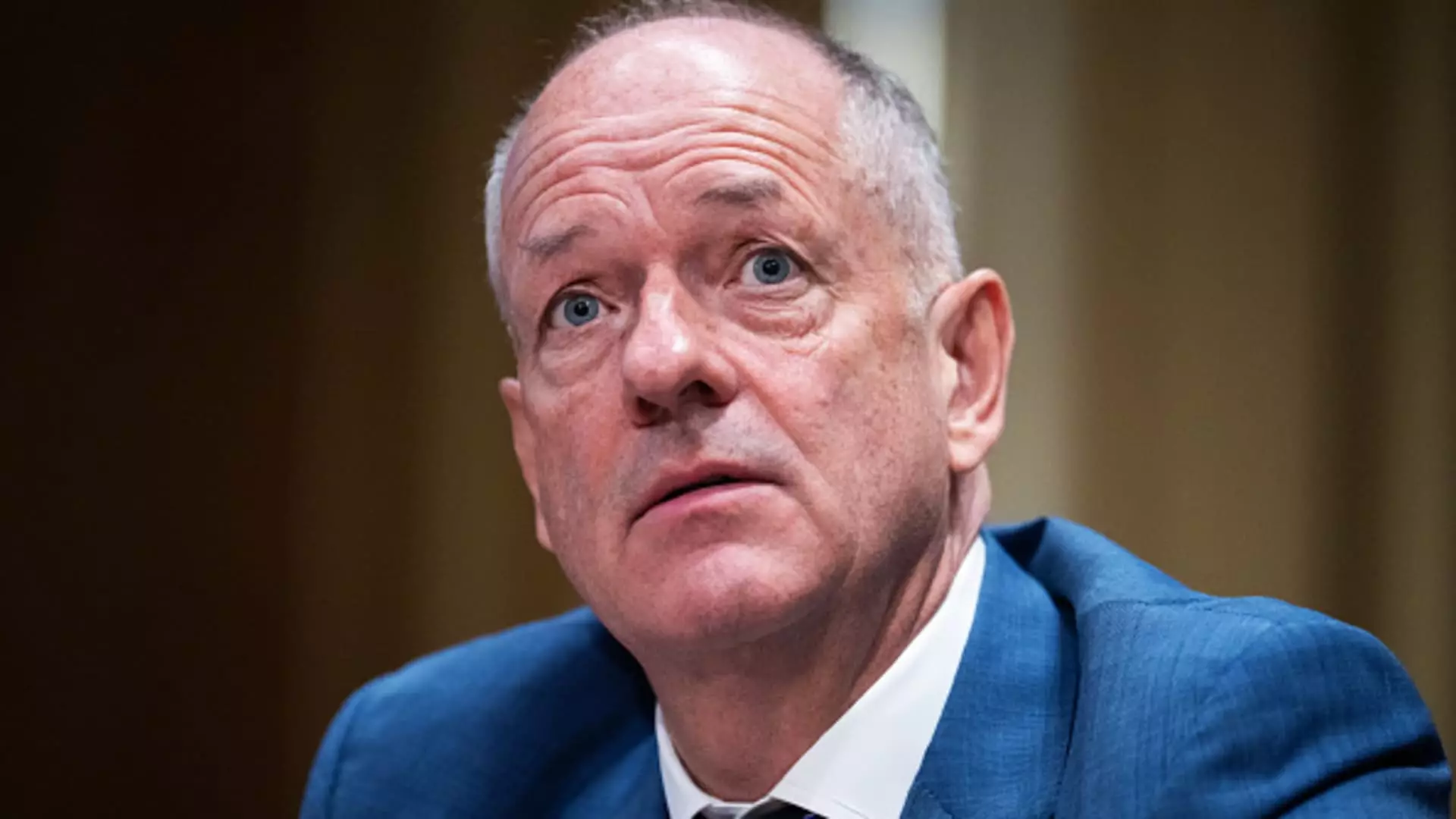The recent death of Brian Thompson, the CEO of UnitedHealthcare, has sent ripples of shock and mourning through the healthcare industry and beyond. In a heartfelt commentary published in The New York Times, UnitedHealth Group CEO Andrew Witty expressed both his sorrow over the loss of Thompson and his recognition of the pressing issues plagueing the U.S. healthcare system. With deep-rooted frustrations echoed nationwide, Witty painted a stark picture of a convoluted healthcare landscape that has evolved into a disordered patchwork over decades.
Witty candidly acknowledged that the healthcare system in the United States is fundamentally flawed. His remarks underscore a growing consensus among both industry leaders and the general public that the current structure of the healthcare system is not only inefficient but often discouraging for patients. “We know the health system does not work as well as it should,” he remarked, encapsulating a widespread anxiety among many who encounter the system daily. The image of an intricately woven but tangled system evokes a sense of immediacy to the need for reforms.
UnitedHealth Group stands as the largest healthcare conglomerate in the United States, yet the company is now thrust into the spotlight under somber circumstances. The sudden loss of Thompson, who was known for his dedication to guiding patients through the complexities of insurance, coincides with an increasingly critical narrative surrounding insurers. With a market capitalization near $475 billion, Witty’s comments compel us to question what it truly means to provide care in a landscape where denial of claims, unexpected bills, and overwhelming premiums have become the norm.
As news emerged of the shooter, Luigi Mangione, and his discontent with the healthcare status quo, the incident has ignited profound anger towards insurance companies, seen by many as the root cause of escalating healthcare expenses. Social media platforms are now flooded with accounts highlighting individuals’ negative experiences with insurers, amplifying a collective outcry for transparency and accountability within the industry.
In this context, Witty emphasized UnitedHealth’s mission, which extends beyond merely making profits. He asserted a willingness to partner with various stakeholders, from healthcare providers to pharmaceutical companies, to explore collaborative avenues aimed at improving care while simultaneously lowering costs. As healthcare entities face increasing pressure to enhance transparency and clarity regarding covered services and decision-making processes, Witty called for a reexamination of how insurers communicate with their clients.
Ultimately, Thompson’s death casts a longer shadow over the industry, reflecting both the responsibilities and the challenges that healthcare leaders must confront. Witty’s reflections honor Thompson’s commitment to simplifying health navigation for patients and prompt an urgent call to action within the industry. While the loss of a leader is a somber event, it may also serve as a turning point, catalyzing necessary discussions and structural reforms in the American healthcare system. As healthcare leaders grapple with reforming a flawed system, perhaps it is time to universally reevaluate the promise of a healthcare model built on integrity, accessibility, and understanding.

